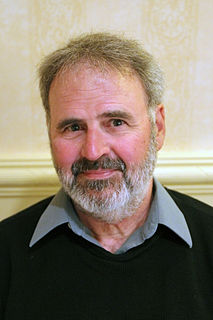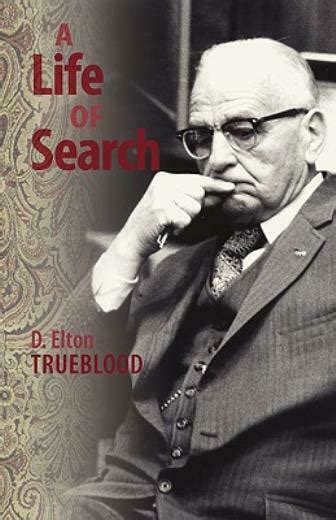A Quote by Rami M. Shapiro
Organized religion is sane and not silly when read as myth and poetry rather than science and law. Religion speaks nonsense when taken literally, but reveals some of the deepest truths of humankind when understood mythically, poetically, and even allegorically-that is when it is read with an active and creative imagination.
Related Quotes
It is certainly true that writers take a stance at some variance from organized religion. This has not always been true. But since the romantic movement - and I'm referring now exclusively to poetry - the emphasis has been on the individual imagination defined against, rather than in terms of, any orthodoxy.
Both Kant and Fichte thought of traditions of revealed religion as ways of symbolically (that is, with aesthetic emotional power) thinking about our moral condition. Both thought that religion would become more and not less powerful, emotionally and morally, if the claims of scriptures and religious teachings were taken symbolically rather than literally (whatever 'literally' might mean in the case of claims that are either nonsensical or outdated or historically unsupportable if taken as metaphysical or historical assertions).
As I have read the Gospels over the years, the belief has grown in me that Christ did not come to found an organized religion but came instead to found an unorganized one. He seems to have come to carry religion out of the temples into the fields and sheep pastures, onto the roadsides and the banks of the rivers, into the houses of sinners and publicans, into the town and the wilderness, toward the membership of all that is here. Well, you can read and see what you think.
Science is like society and trade, in resting at bottom upon a basis of faith. There are some things here, too, that we can not prove, otherwise there would be nothing we can prove. Science is busy with the hither-end of things, not the thither-end. It is a mistake to contrast religion and science in this respect, and to think of religion as taking everything for granted, and science as doing only clean work, and having all the loose ends gathered up and tucked in. We never reach the roots of things in science more than in religion.
My interests drew me in different directions. On the one hand I was powerfully attracted by science, with its truths based on facts; on the other hand I was fascinated by everything to do with comparative religion. [...] In science I missed the factor of meaning; and in religion, that of empiricism.
In vain do science and philosophy pose as the arbiters of the human mind, of which they are in fact only the servants. Religion has provided a conception of life, and science travels in the beaten path. Religion reveals the meaning of life, and science only applies this meaning to the course of circumstances.
































